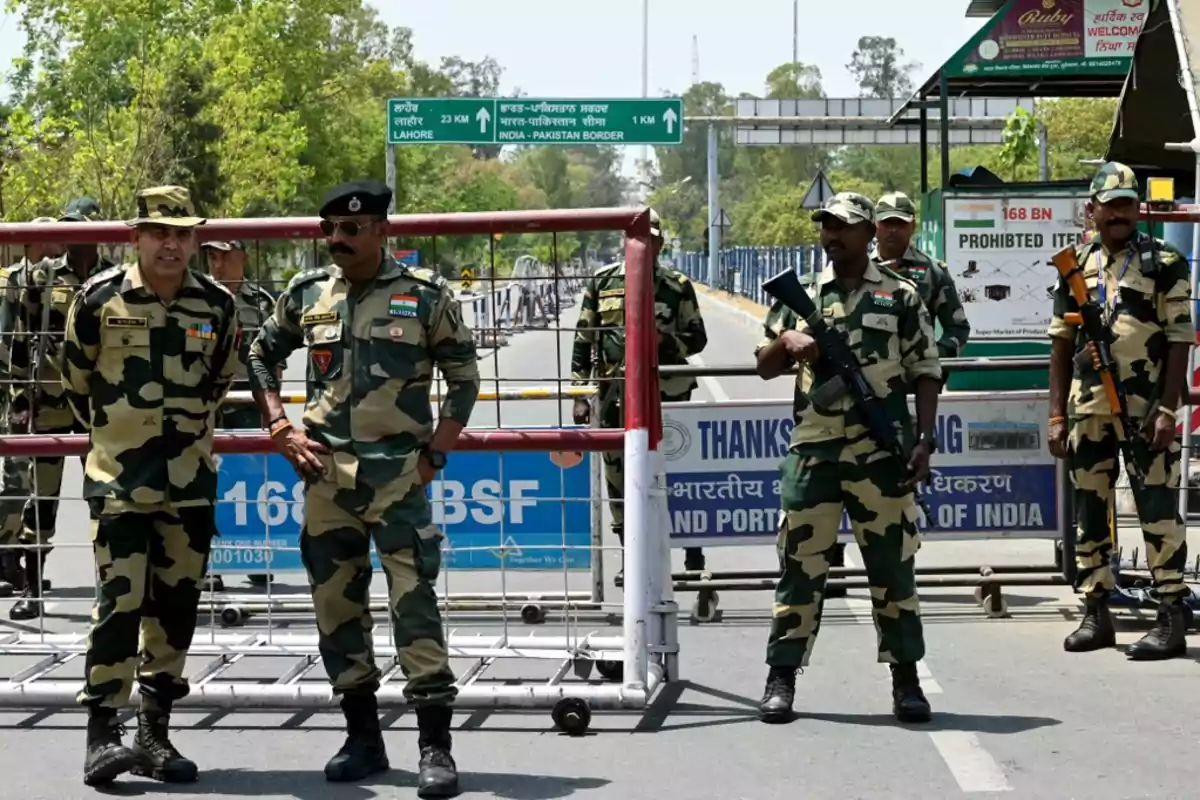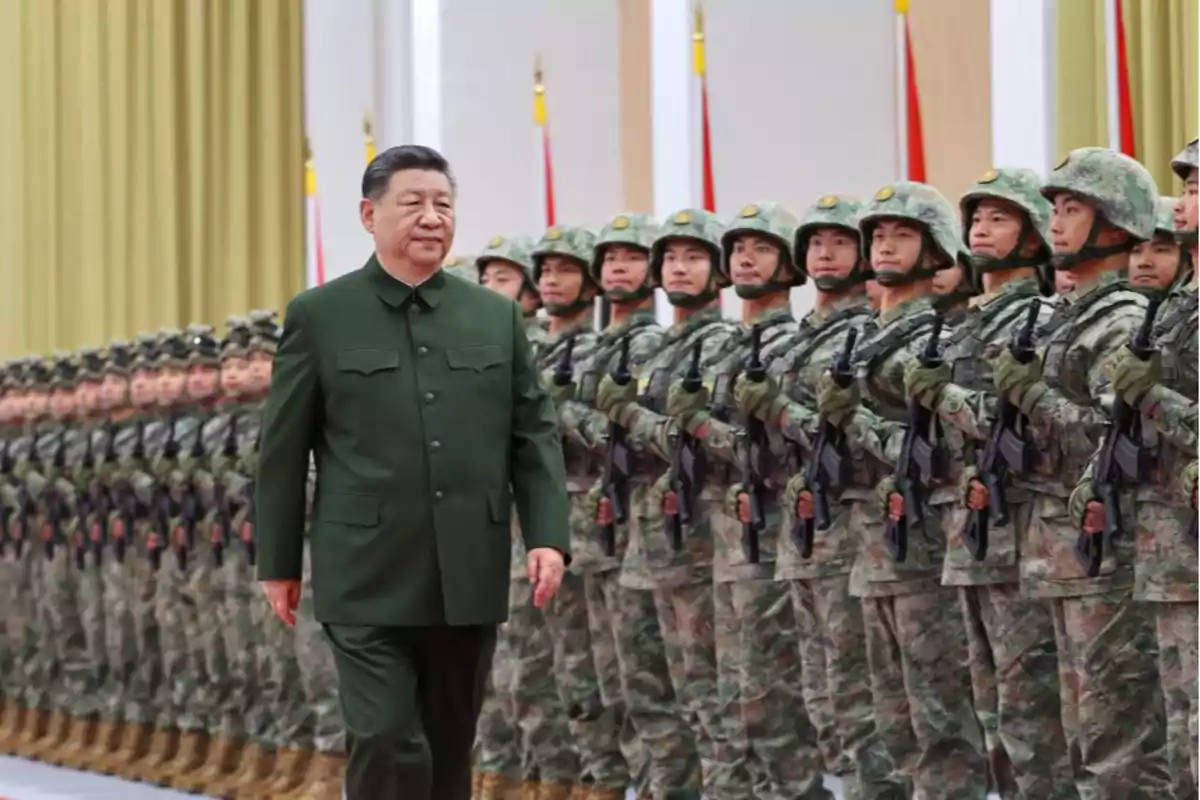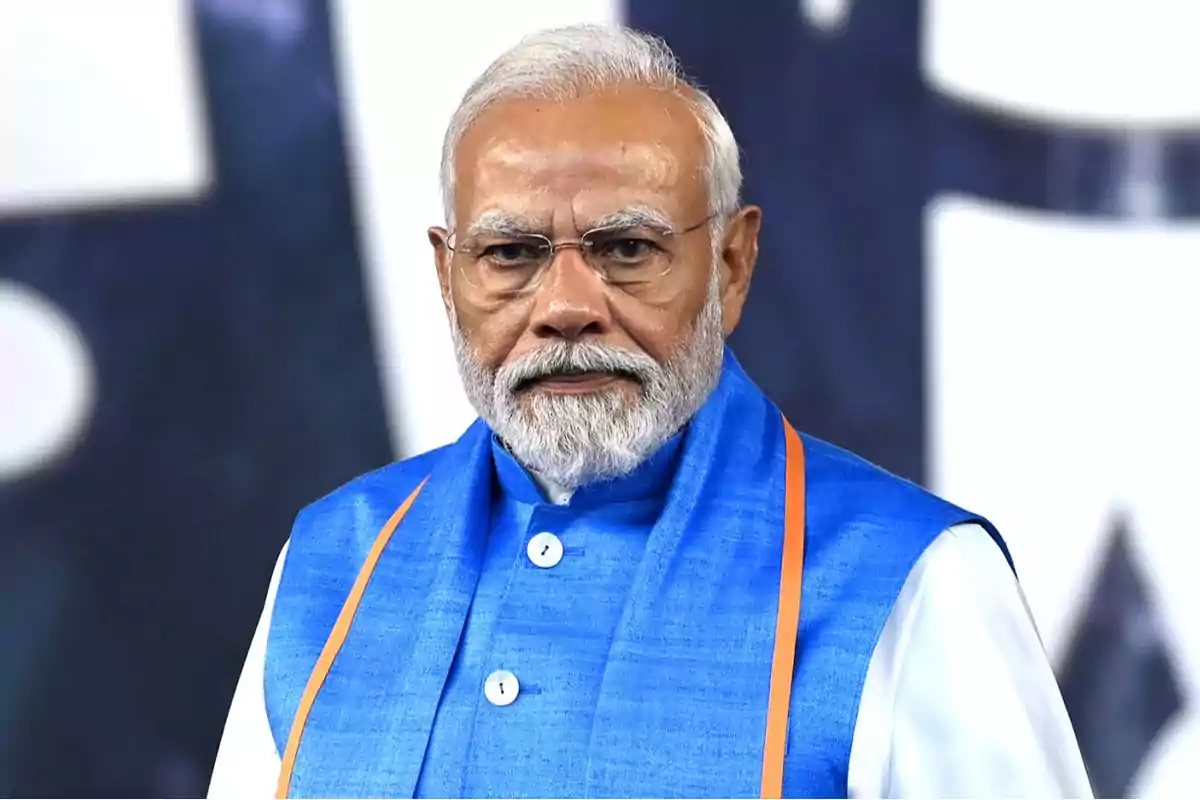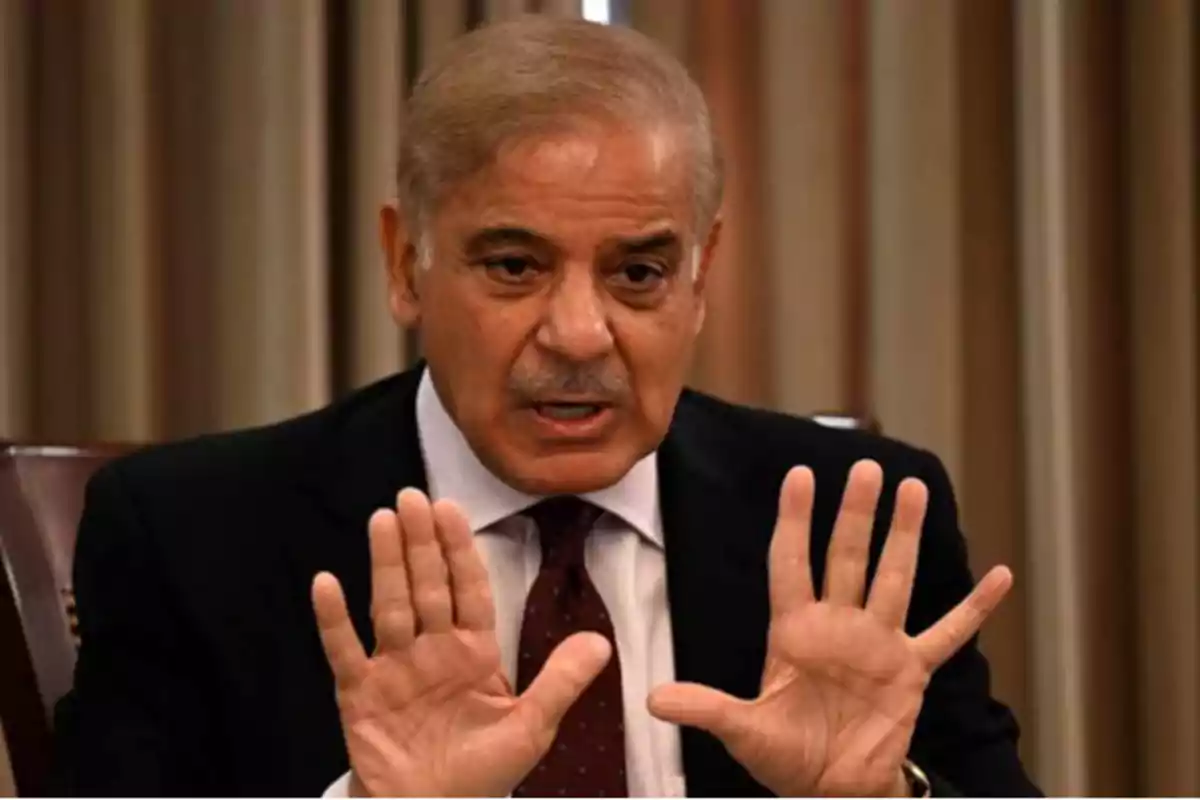
The armed forces of India and Pakistan clashed for the third consecutive night.
Fears of a full-scale war between both nuclear powers over the Kashmir region are growing after new clashes
Tensions between India and Pakistanhave dramatically escalated following a deadly attack in the disputed region of Kashmir, which has led to an exchange of fire for the third consecutive night along the Line of Control (LoC).
Indian authorities have blamed Pakistan for supporting "cross-border terrorism," after gunmen killed 26 civilians in Pahalgam, a popular Muslim-majority tourist destination, on April 22. This attack has been described as the most severe against civilians in the region in the last 25 years.
Both countries have deployed their armed forces at the border and have been put on the highest level of alert. Pakistan has deployed complex weapon systems, which could be used against Indian forces in the coming hours.
Meanwhile, India has received support from various Western countries, while Pakistan has received significant backing from countries like China and Türkiye. Xi Jinping's regime has deployed its army at the border with India, while Türkiye has increased its military flights to Pakistan, which is interpreted as a firm support for Islamabad.

Pakistan has denied any involvement and has labeled attempts to link it to the attack as "frivolous." Despite this, India has intensified its response. Indian security forces have launched a massive search operation to locate those responsible.
Additionally, wanted posters have been issued for three suspects: two Pakistani citizens and one Indian, allegedly members of the terrorist group Lashkar-e-Taiba, based in Pakistan and designated by the UN as a terrorist organization.
The Indian government has transferred the investigation to the National Investigation Agency (NIA), specialized in terrorism, which is questioning witnesses, reviewing entry and exit points, and collecting forensic evidence.
As retaliation, Indian authorities have demolished at least nine houses of alleged activists, including that of the suspect Farooq Ahmad Tadwa in the Kupwara district.
Las fuerzas armadas de India y Pakistán se enfrentaron por tercera noche consecutiva
On the diplomatic front, New Delhi suspended a water-sharing treaty, closed the main land border crossing, downgraded its diplomatic relations with Islamabad, and revoked visas for Pakistani citizens.
In response, Pakistan expelled Indian diplomats, canceled visas for Indian citizens, except Sikh pilgrims, and closed the border crossing from its side.
Simultaneously, the Indian navy conducted military exercises to demonstrate its offensive readiness, reinforcing the possibility of an imminent military response. A senior Indian official told the Indian Express that "there will be military retaliation" and that the nature of the attack is being discussed.

Indian Prime Minister Narendra Modi promised justice for the victims and accused the terrorists and their sponsors of wanting to destroy Kashmir again. Meanwhile, Pakistani Prime Minister Shehbaz Sharif offered to participate in a "neutral and transparent" investigation.
The conflict in Kashmir, divided between both countries since 1947, has been a constant focus of violence, with insurgent groups fighting since 1989 for independence or annexation to Pakistan.
The recent attack marks a shift in the rebels' strategy, who previously used to mainly attack security forces. The UN has urged India and Pakistan to exercise "maximum restraint" and solve the conflict through meaningful and peaceful dialogue.

More posts: